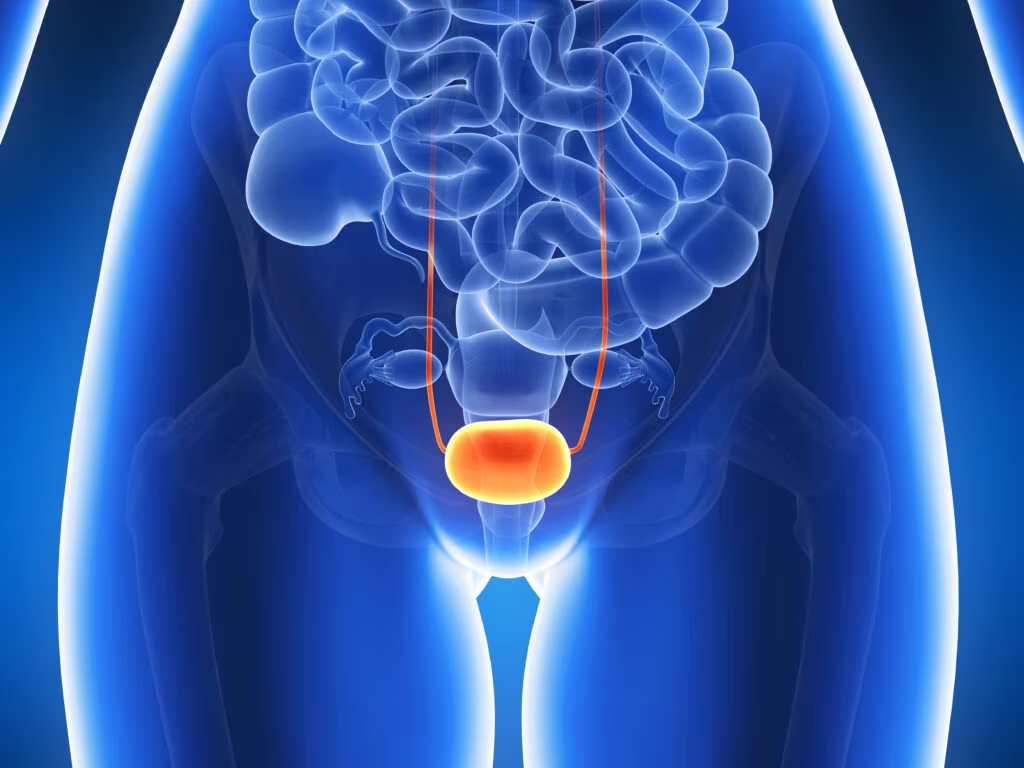Welcome to the winter edition of US Endocrinology, which features a wide range of topical articles covering a number of areas of endocrinology and metabolism that have relevance to the wider biomedical community. This issue begins with one of our popular expert interviews. A growing body of evidence suggests that the circadian clock affects the development of metabolic diseases. Patrick Schrauwen discusses his research investigating the effect of circadian rhythm on skeletal muscle insulin sensitivity.
Healthcare is continually evolving, and professional bodies play a crucial role in maintaining the interests of the medical profession and promoting the achievement of high-quality healthcare. The American Association of Clinical Endocrinologists (AACE) is the world’s largest organization representing clinical endocrinologists. In an editorial, President Sandra Weber discusses the ways in which the organization is evolving to meet the demands of the changing treatment landscape. We also feature an editorial from US Endocrinology editorial board member Elizabeth Pearce, President of the American Thyroid Association (ATA), who shares the recent activities and future plans of the ATA, as well as discussing their aim of ‘optimal thyroid health for all’.
Cardiovascular outcome trials (CVOTs) are now mandatory for glucose-lowering drugs in the treatment of patients with type 2 diabetes. However, many are limited by the fact that they involve people with established cardiovascular disease or those at high risk of sudden cardiac death. The recent REWIND study included a majority of patients who did not have established cardiovascular disease. In an editorial, John Doupis discusses the findings of REWIND and their clinical implications.
Optimal glycemic control is the cornerstone of the management of type 1 diabetes. A combined editorial from lead investigator Jan Šoupal, and expert interview with Kevin Sayer, discusses the findings of the COMISAIR study, their clinical implications and the latest developments in the Dexcom continuous glucose monitor.
Person-centered care (PCC) should be an essential component of medical practice. Kalra et al. present an approach to integrating PCC into diabetes care. Also on the subject of PCC, Modzelewski et al. report on the need for patient-reported outcomes when evaluating mobile wireless technology in diabetes.
To close the issue, my colleagues and I provide a comprehensive review of the latest developments in molecular testing in thyroid practice and provide information on the current molecular methods available for diagnostic and prognostic purposes applied to thyroid nodules.
US Endocrinology would like to thank our expert authors for providing us with insightful and thought-provoking articles. We are also grateful to all organizations and media partners for their ongoing support and the members of our editorial board for their continued involvement and advice. We hope that you will find plenty of interest among this issue.












